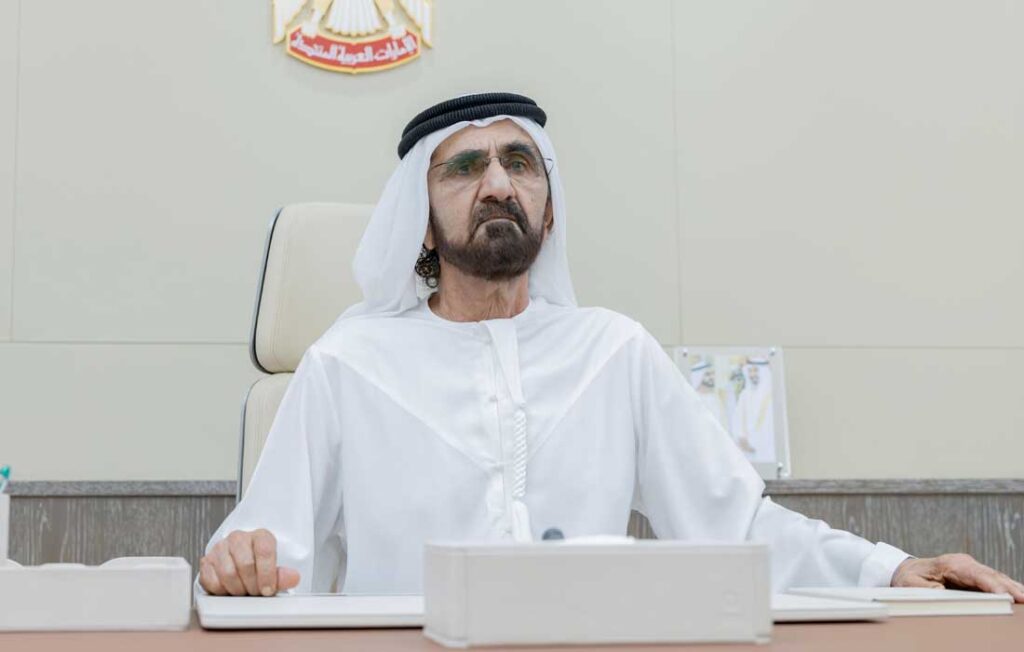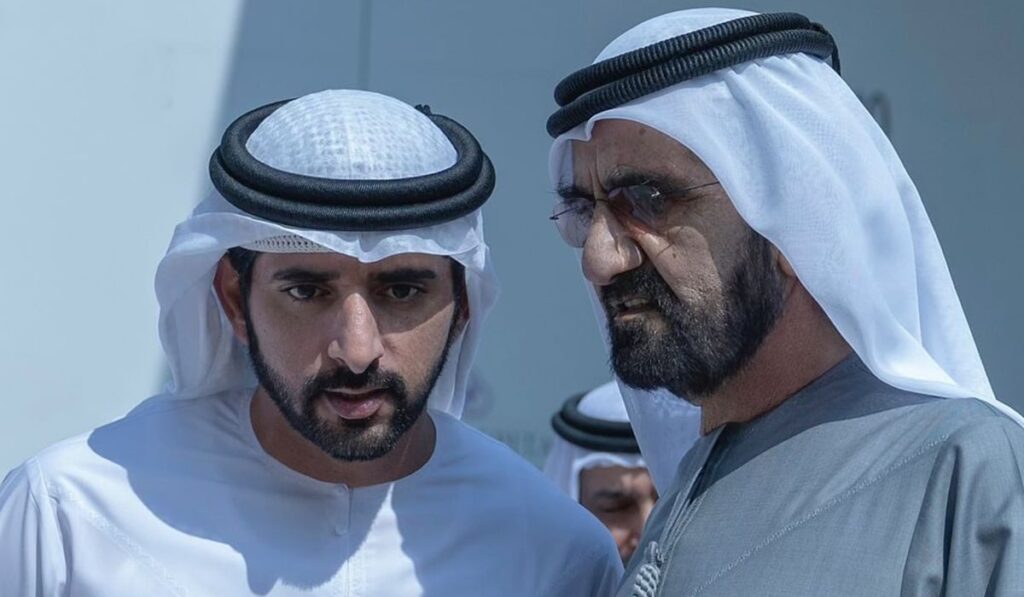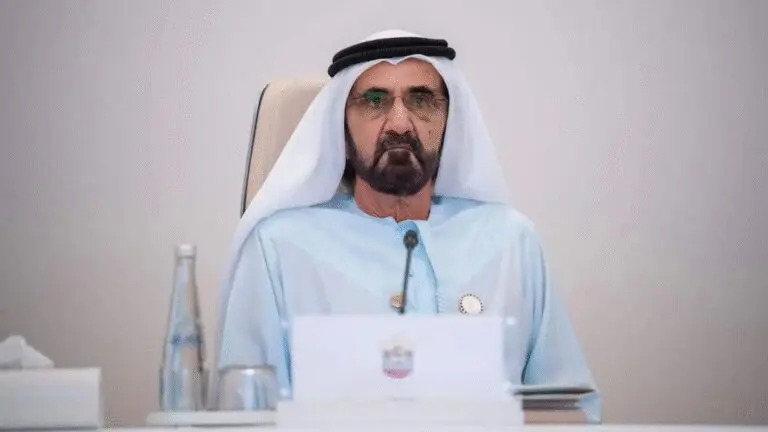Dubai has officially passed the largest government budget in the history of the emirate, which is a significant milestone in the long-term economic strategy of the emirate. Practically, this is a significant milestone, as the emirate has officially granted the largest government budget in its history.
His Highness Sheikh Mohammed bin Rashid Al Maktoum, Vice President and Prime Minister of the UAE and Ruler of Dubai, has authorized the overall budget cycle in 2026–2028 with an estimated expenditure amounting to AED302.7 billion and an income amounting to AED329.2 billion.

This financial plan, covering three years, is intended to enhance the rapid pace of the ambitious development plan of Dubai, enhance the economic soundness of this country as well, and help in achieving its target of being among the top three urban economies in the world by the year 2033.
Table of Contents
A Historic Budget for a Transformational Decade
Based on the projected numbers, the cycle of 2026-2028 will be the biggest budget ever passed by the Dubai Government. The budget demonstrates the proactive strategy of the emirate and corresponds closely to the Dubai Economic Agenda (D33), which seeks to increase the GDP by two times over ten years and to strengthen the status of Dubai as a global center of trade, tourism, finance, and innovation.
For the year 2026 alone:
- Expenditure: AED 99.5 billion
- Revenue: AED 107.7 billion
- General Reserve: AED 5 billion
- Operating Surplus: 5%
This excess shows a robust, healthy financial future and places Dubai in the path of further sustainable development.
Where Will the Money Go? Key Investment Areas
The approved budget is a strategic allocation of the spending in the spheres that have a direct impact on the quality of life, economic stability, and long-term development:
• Infrastructure & Construction – 48%
Infrastructure is almost half of the total spending, which strengthens the global competitiveness of Dubai. This comprises contemporary transport, an enhanced road system, sustainability-oriented urban growth, and mega projects.
• Social Development – 28%
Investments will enhance healthcare, education, community services, and housing, which are major aspects that favor the well-being of the residents and make the city more inclusive and future-ready.
• Security, Justice & Safety – 18%
Ensuring the robustness of the overall public safety, emergency response infrastructure, and justice systems is also one of the priorities to ensure that the safety standards in Dubai are at a global level of performance.
• Government Development & Innovation – 6%
The budget will fund the modernization efforts, digital transformation, research, space technologies, and AI innovations (the main components of the innovative future of Dubai).
Also Read: Dubai to Host Barkfest Beach Day at Barasti
What Does This Mean for Residents?
The new budget cycle will come with revolutionary changes to the daily lives in Dubai. Residents can expect:
- Improved health care centers and improved schools.
- Improved civil security and emergency management.
- Modernization and growth of the transport system.
- More intelligent, efficient digital government services.
- More funding for research, space technologies, and AI.
- Enhanced transit and infrastructure for sustainability.
Overall, the financial plan is specifically aimed at improving the quality of life, better future-readiness, and the ability of Dubai to be one of the safest, most advanced, and most liveable cities across the globe.
A Vision for the Future
Sheikh Hamdan bin Mohammed bin Rashid Al Maktoum, the Crown Prince of Dubai, noted that the budget is in line with the long-term goals of the emirate. It establishes a moderate system that promotes ambitious expansion and sustainable financial security.

Having revenues that exceed expenditures, Dubai still demonstrates good economic fundamentals, investor confidence, and its willingness to create a dynamic, globally competitive future.
With Dubai entering its most ambitious phase in financial history, both residents and businesses will enjoy boosted growth, better infrastructure, and a future economic roadmap that is next-generation oriented.

